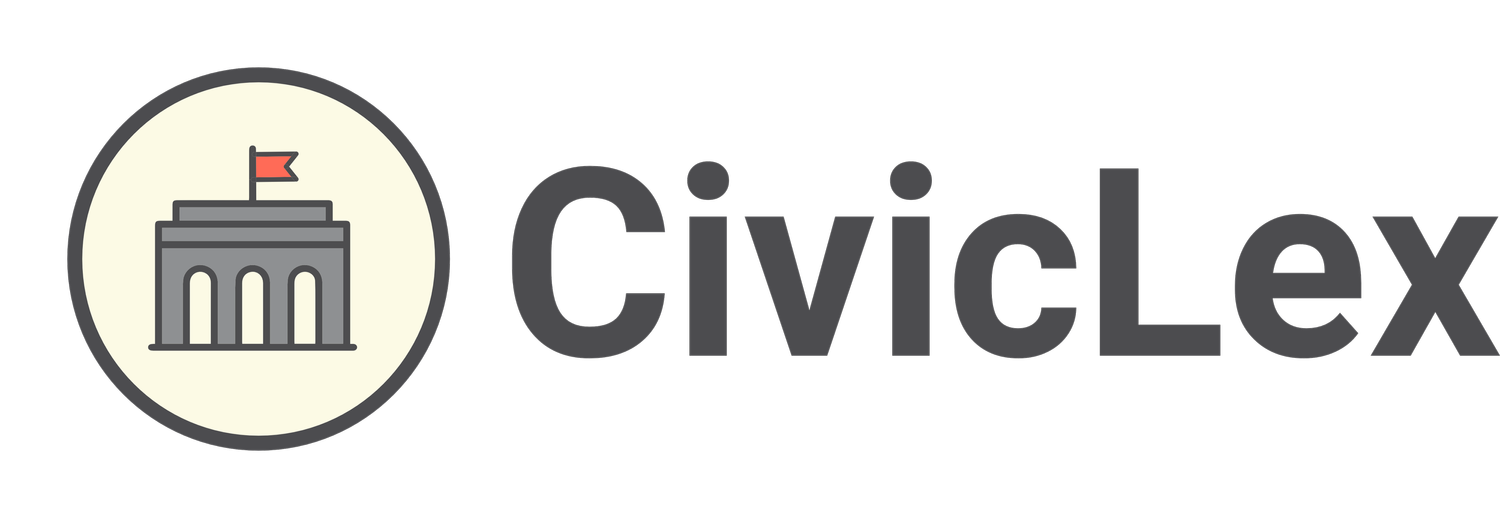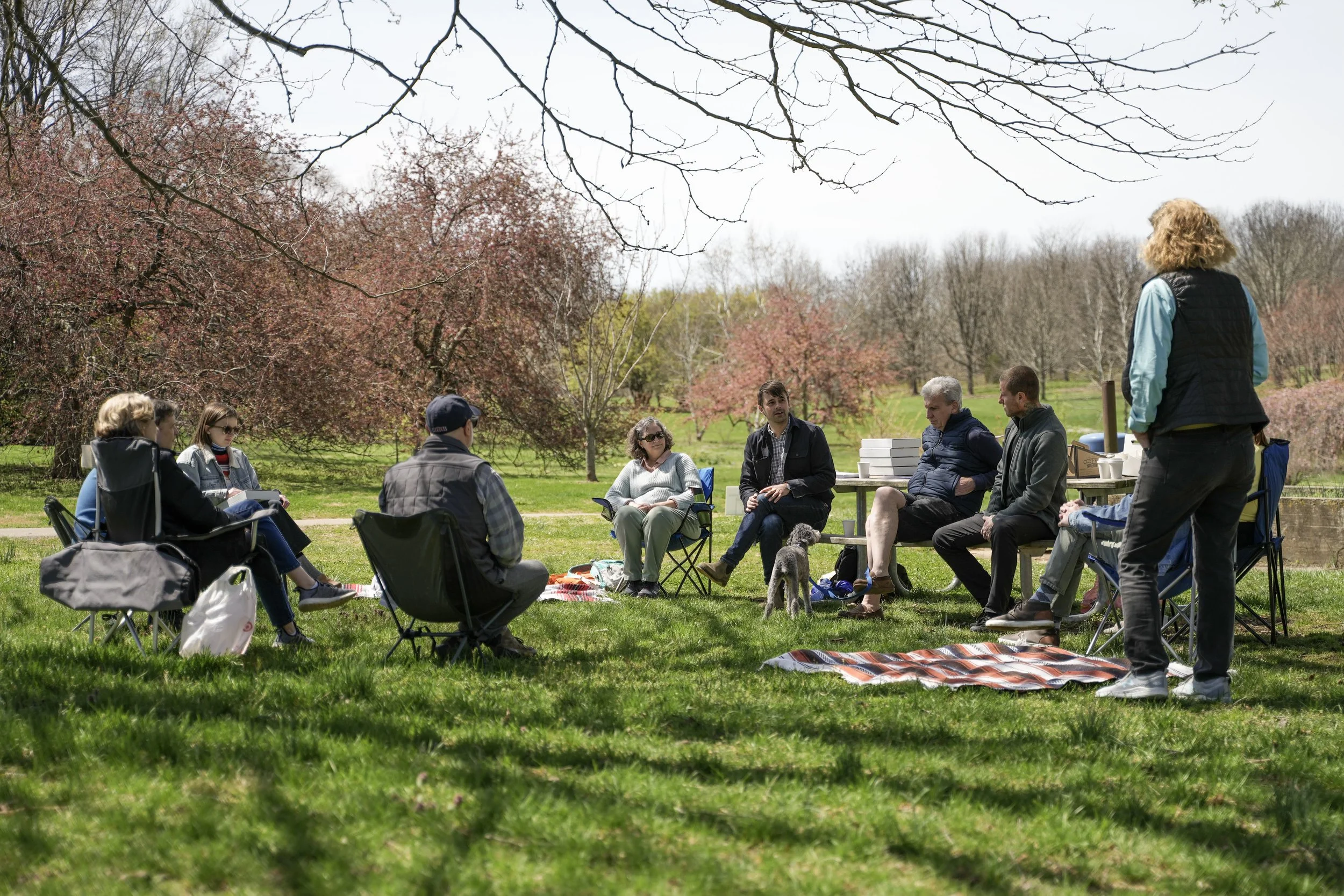
Public Input
What’s the latest on Public Input?
We launched our Public Input research project to understand how residents provide input into LFUCG’s legislative process at the end of 2021, in partnership with the UK Martin School and Transylvania University. Two years later, a Council Subcommittee on Public Input was formed to investigate and modernize current public input policies.
The subcommittee met over the course of 2023 & 2024, and has adopted new policies that can be seen below.
The subcommittee will continue to meet in 2025.
Public Input Recommendations Implemented
✓ - Council moved public comment to the beginning of Council Meetings for items on the agenda, allowing residents to weigh in before council votes on an item
✓ - Council is piloting two new types of pre-legislative meetings: Issue Expos and Committee Previews, designed to help them determine which issues to make policy on — and what that policy should look like.
✓ - Council adopted EngageLex, new public engagement software that allows residents to weigh in on items during the legislative process.
✓ - Council created a Public Information Officer position inside their office to better communicate Council policy.
✓ - Council created a new, more accessible digital sign-in process for Council meetings that is staffed by Council aides and city staff.
✓ - Council created clearer rules and guidelines for giving Public Comment in Council Chambers and post them at every meeting.
✓ - LFUCG has created a public-facing guide to their Legislative Process
Public Input Report & Recommendations
If you want to read through the full report, you can download the final draft of it here.
1. Process Changes
1-a. Move Public Comment for items on the agenda to the beginning of meetings.
1-b. Allow Public Comment for items on the agenda for all Council Committee, Work Session, Council, and Committee of the Whole meetings.
1-c. Hold separate meetings specifically designated for public education and input that are outside of city hall.
1-d. Restructure the Council schedule to better position public input to be helpful and effective.
2. Technology Changes
2-a. Utilize stop-gap measures to provide virtual input on high-impact legislation.
2-b. Provide additional options for on-the-record virtual public comment for meetings.
2-c. Implement user-friendly technologies that allows for legislative tracking and public input.
3. Educational Resources
3-a. Create a public guide to LFUCG’s legislative process.
3-b. Create online resources that explain how to provide effective public input.
3-c. Create in-chamber resources that help residents understand how Council Meetings work and the best tips for public comment.
3-d. Create resources that help residents understand what issues are being discussed by Council.
3-e. Provide a better user experience for residents in city hall.
Transparency
Since a significant part of this work involved public opinion and a contract with the Lexington-Fayette Urban County Government, we’re making a number of elements of this project open to public inspection.
How is legislation created by the Lexington Urban County Council?
An early barrier in our public input research was the lack of documentation in local government about the legislative process. In fact, there was no visual or written guide to how legislation was made by the Council. As a result, we created the following visual guide to the process, in partnership with LFUCG.
Original Program Description
Our Public Comment work is following a two-phase process that we outlined in our proposal to LFUCG.
Phase 1: Review of Public Comment Methods to date
CivicLex will work with CIO Aldona Valicenti, Council Members, and project partners to conduct a comprehensive review of current Public Comment methodologies.
This review would include two engagement processes: one focused on gathering input from residents and resident groups, one focusing on LFUCG employees and representatives.
CivicLex will compile the results of this engagement process to a report with recommendations presented to the Council and the Mayor’s Office.
We have communicated with Professors at the Martin School of Public Policy at the UK and Transylvania University Economics Department. They have offered to bring one class of students into this process.
Phase 2: Matching Recommendations to Processes
Once CivicLex compiles the list of recommendations, we will work with CIO Valicenti to examine technologies and processes that match the needs expressed by residents.
CivicLex will work with national civic tech partners (Center for Tech and Civic Life, others) to generate a database of potential technologies - including open source options - to address expressed concerns.
This matching process will also present the opportunity to bring local web development firms into the conversation via Awesome Inc.
Intended outcomes
We hope this process will generate a report, developed in tandem with researchers from the University of Kentucky, Transylvania University, and CIO Aldona Valicenti that details the following:
Current inefficiencies associated with LFUCG’s system for public engagement on legislative issues, including frustrations with the current process expressed by LFUCG representatives and Fayette County Residents.
A cost/benefit analysis of current technologies and systems for public engagement on legislative issues.
A recommendation for how the City of Lexington should proceed with adopting new technologies for public comment, including the potential of external funding through Philanthropic sources.




